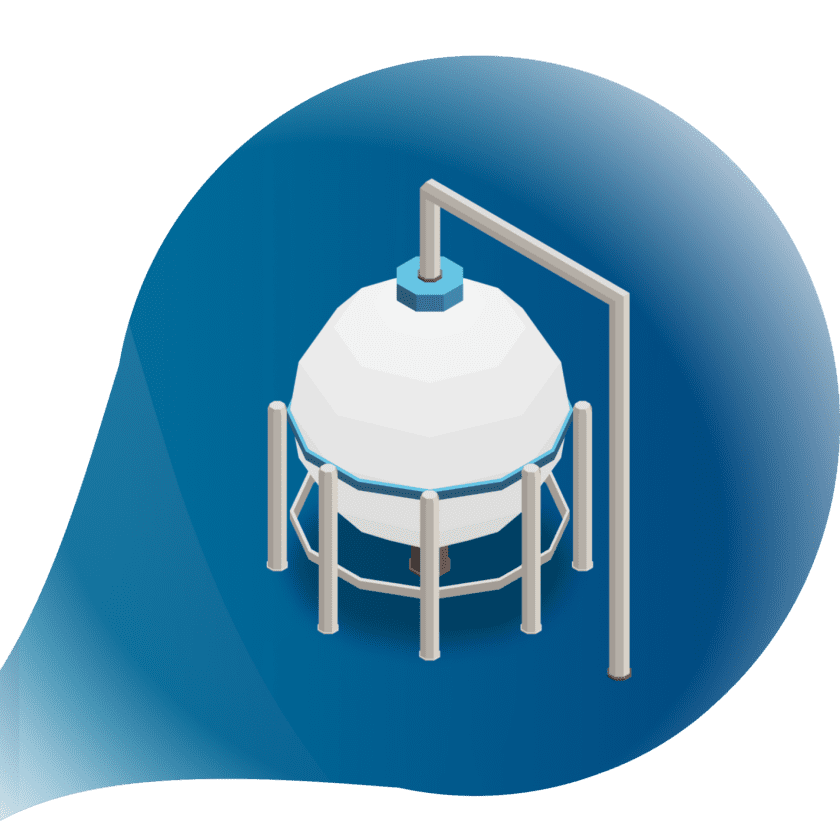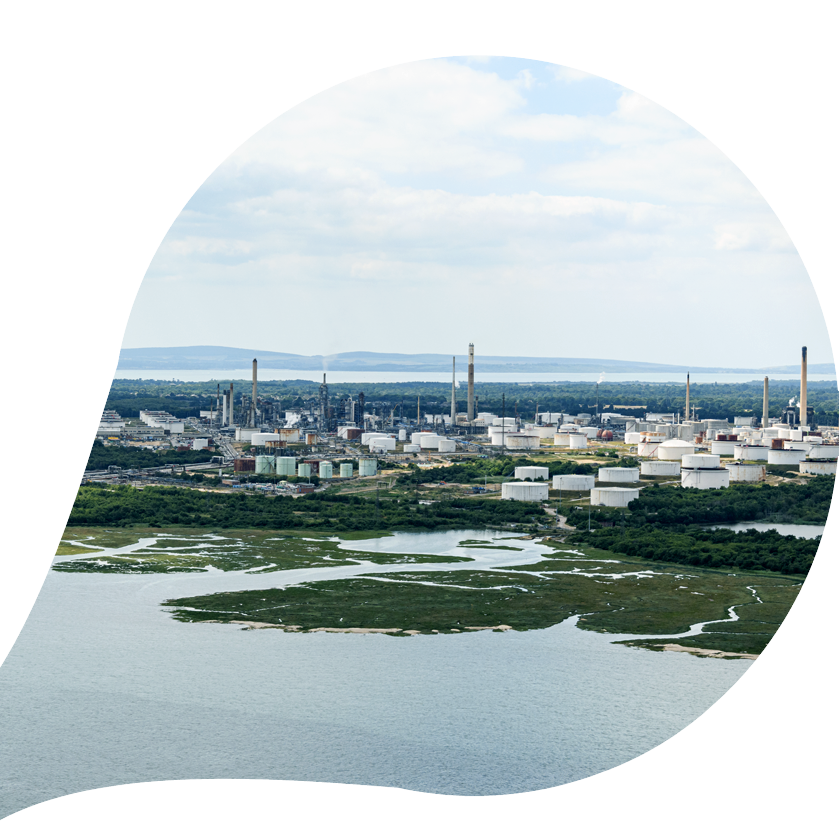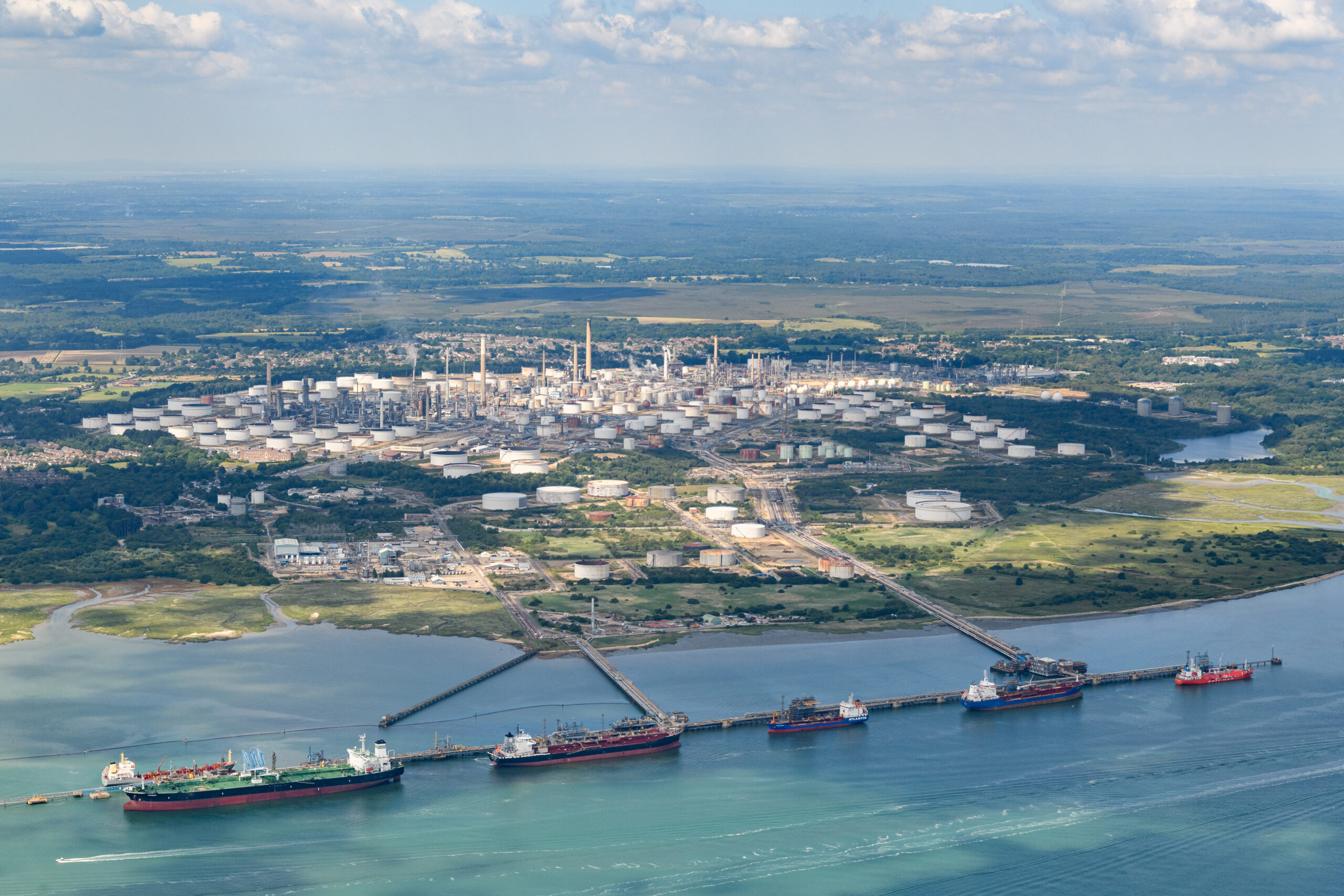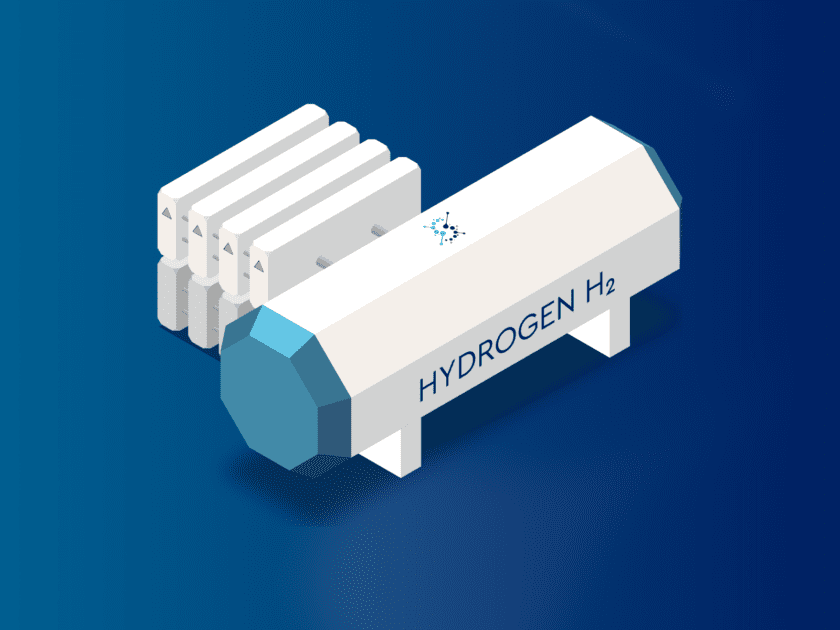Technologies and processes to combat climate change.
To begin the essential decarbonisation of the region as quickly as possible, The Solent Cluster and its members are intent on working together to reduce CO₂ emissions from our local industries using carbon capture and storage (CCS), the emissions that play a major role in climate change.
Carbon capture technologies can capture >95% of emitted CO₂

What is carbon capture and storage (CCS)?
Industry in our region produces a large amount of CO₂ that at present, is released straight into the atmosphere. To significantly reduce these emissions there is an urgent need to produce low carbon fuel types, such as hydrogen, and to successfully capture these emissions at source.
Carbon capture and storage (CCS) is the safe and proven process of capturing carbon dioxide (CO₂) from industrial processes such as chemical, steel, fertiliser and cement production and securely storing it before it is released into the atmosphere.

What is CCU and why do we need CCS and CCU?
Carbon capture utilisation (CCU) is a longer-term vision to use the captured CO₂ to produce commercially marketable processes and products.
Both are needed to combat climate change and help the global push towards Net Zero. Whilst CCU is an essential part of the longer-term strategy, CCS is crucial to enable us to radically reduce the present volume of CO₂ emissions as quickly as possible.
The United Nations Intergovernmental Panel on Climate Change and the International Energy Agency agree that “CCS is one of the most important low-carbon technologies required to achieve societal climate goals at the lowest cost.”

What are the benefits of CCS?
CCS will help enable the need for large-scale reduction of CO₂ emissions as quickly as possible.
It is one of the few processes which can remove CO₂ from the atmosphere at an industrial scale.
It is one of the key routes to low carbon hydrogen production for use as power in many industries and businesses.
The captured CO₂ can be used to manufacture synthetic fuels and products such as low carbon building materials, and products for the food and beverage industry.

How can The Solent Cluster help?
Ours is the only decarbonisation cluster for the South, backed by companies with the technical expertise and global track record of delivering cost-effective low carbon solutions.
Together we will create a hub of expertise, innovation and collaboration that will attract and deliver inward investment in low carbon technology and create a more sustainable, growing economy for the benefit of local communities and the wider country.
In becoming a leading centre for low carbon investment, we can grow the regional economy, protect skilled jobs, and create new employment opportunities in the technologies and industries of tomorrow, while significantly reducing carbon emissions.
“Carbon capture and storage (CCS) is considered a key solution to the challenge of decarbonisation – one that reroutes CO₂ away from the atmosphere and safely stores it below the earth’s surface. It is part of ExxonMobil’s plans to enable large-scale emission reductions and is a critical technology in the effort to achieve society’s Net Zero ambitions”.
ExxonMobil

